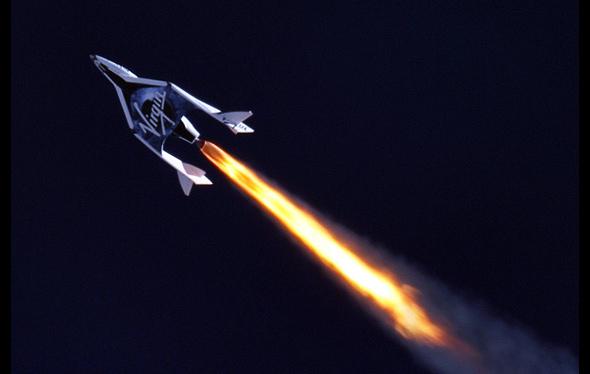My friend Dan Durda is many things: an astronomer, a planetary scientist, an artist, a pilot.
He’s also an astronaut. Or he will be, very soon.
He works at Southwest Research Institute here in Boulder, Colorado, which is a company that does a lot of work in space; the New Horizons Pluto probe instruments were developed there, for example, and the principal investigator, Alan Stern, is there. Dan’s very interested in the behavior and structure of asteroids, which is difficult to study here on Earth.
So he and his fellow scientists at SwRI got an idea: Go into space.
We’re at the doorstep of cheaper, more reliable access to space. Ticket prices are within reach of wealthy individuals and, perhaps more importantly, companies that do science. A lot of Dan’s experiments can be done easily in the few minutes of weightlessness these suborbital flights provide.
But why not get all this from Dan himself? He recently gave a TEDxBoulder talk about this, and it’s really good.
What he said is true: We’re just starting off doing this work, and we don’t know where it will lead. There have been setbacks, for sure; the loss of the Virgin Galactic vehicle and its pilot last year, and the explosion of the Antares rocket upon liftoff.
As I have written many times before, while tragic, these sorts of losses are inevitable. They are the price we pay for pushing boundaries, and you’ll find most astronauts understand these risks. To use an analogy Dan made in the video, where would be now if airplane crashes grounded the airline industry in the early 20th century?
We’ll continue on, pushing our way into space. Again, as Dan points out, we cannot know where this will lead … except up. And that’s a direction I think we should go.
